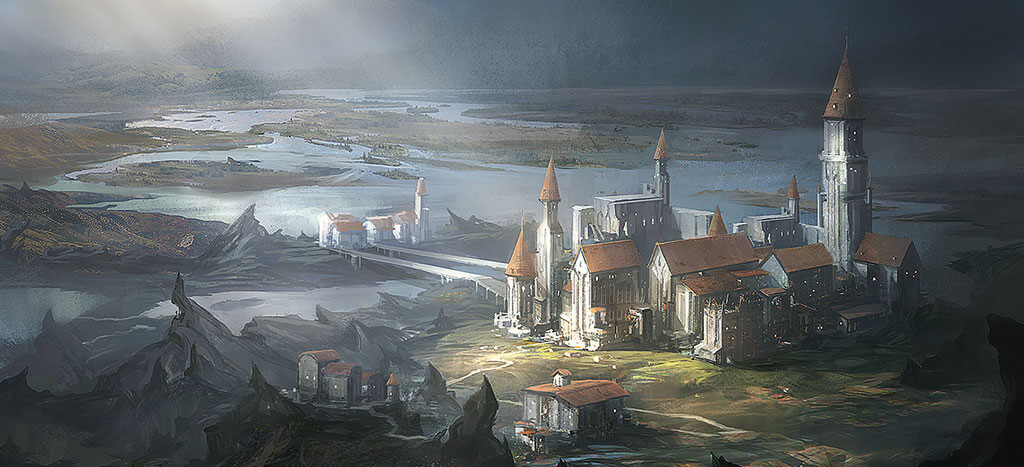This series of articles is dedicated to studying the rules of MTG.
Who is it targeted at?
- At those who wish to streamline their knowledge of the Comprehensive rules and the Tournament rules;
- at those who like to solve interesting problems;
- at those who plan on partaking in serious tournaments.
To sum up — at all inquisitive players in general, and candidates for judge level 1.
Each class contains:
- theoretical information about the chosen subject;
- quotes from official sources on any relevant rules;
- comments and examples to the rules;
- recommendations on working with rule infractions and quotes of related parts of the judging policy;
- problems on these rules and policies.
Our work doesn't end on the bottom of the page. There is homework in store for you.
For each homework problem there is a solution, but do not rush for it — try to solve each problem on your own to test yourself.
If you have questions about the theory or practical part, or, by chance — nobody's perfect, you spot an error in the article, don't hesitate to contact me.
Good luck!
Priority, Stack, Turn structure
Priority and the stack are two ground level notions in MTG.
Tournament shortcuts
Officially admitted shortcuts and examples of their use in a real game.
State-based actions
Each time a player receives priority, the game state is checked for 22 different conditions in charge of the paramount events in the game — losing a game, death of a creature etc. Actions are performed whenever any of the conditions are met.
Abilities and effects
There are only 4 types of abilities in MTG. This article explains how to distinguish them, what zones they function in, about effects granting or removing abilities, as well as about links between multiple abilities.
Casting spells
Following step by step how spells are actually cast.
Activated abilities
Explaining how abilities are activated and what limits exist on activating them.
Triggered abilities
Figuring out how to discern triggers; where they trigger from; when do they trigger; how does a trigger's text define its properties; and what to do with a missed trigger.
Mana abilities
Making it clear how to discern mana abilities, how they function, how are they different from all other abilities.
Targets
When is a spell or ability targeted? When are targets chosen? How can a target be changed? In what case does a spell or ability get countered because of losing the target? How do Shroud and Hexproof really work?
Combat phase
Discussing the most difficult phase of any turn — the combat phase.
Attack of the clones, or Copying
Everything you need to know about copying permanents, spells and abilities. Sorting out what copiable values are, what effects impact these values, what is copied when, and what is never copied.
Everything under control
Who is a controller, how is he different from owner? What does it mean to gain control?
Controling another player
What does it mean to “control another player”? What may be done in this case, and what may not?
Shuffling the deck
Sorting out who may and who must shuffle a deck during a match, how and when exactly.
Difficult players and how to deal with them
Players make problems. It is inevitable. Resolving these problems is part of our work on the tournaments. In this article, we will discuss the most common archetypes of our "worst friends" and try to give some recommendations for dealing with them.
Translated by Witas Spasovski
